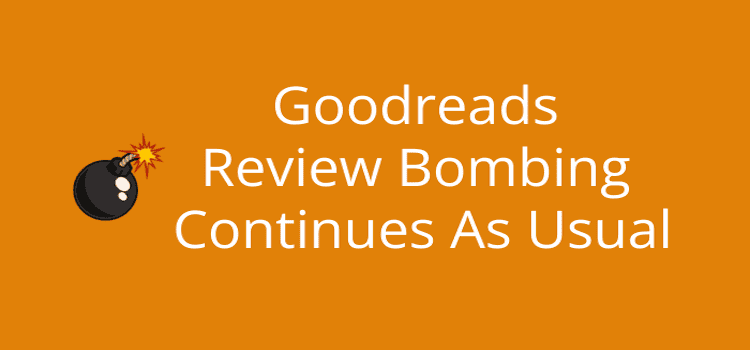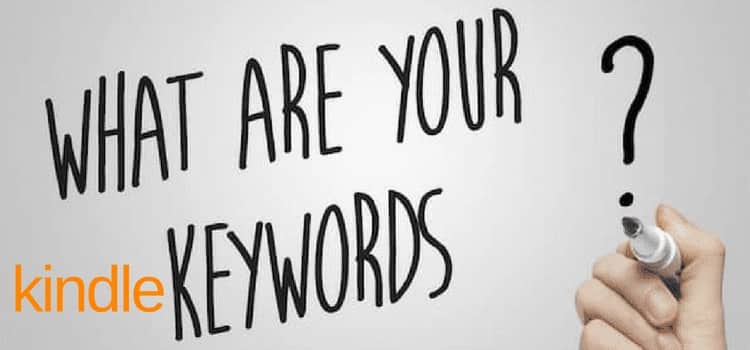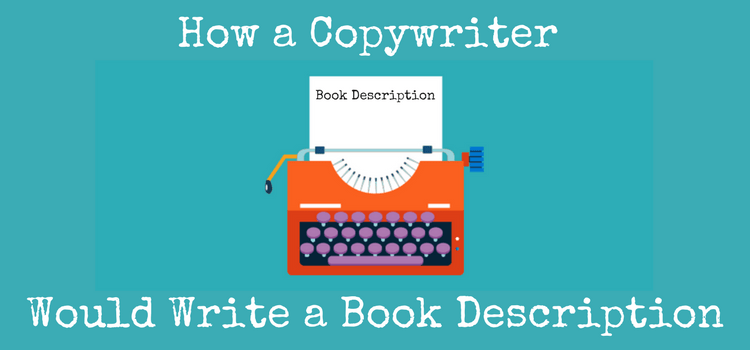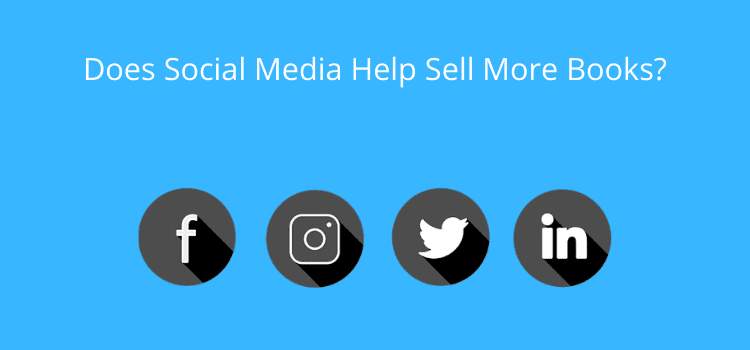
Here we go again. Goodreads review bombing is in the news once more. I don’t know how many years it has been that these stories regularly come to the surface.
If my memory serves me correctly, the problem of trolls and one-star reviews started very early, around 2010, if not earlier.
Yes, Goodreads is a popular site for book lovers. But the one continual failing is that it allows anyone to post a review of books that haven’t yet been published.
Not only that, it also allows users to create multiple accounts. It’s a recipe for disaster that has never been fixed.
What is Review Bombing and Trolling?
Goodreads is the world’s largest social media book community.
But it has been grappling for many years now with the serious issue of review bombing.
The practice involves users or groups of users, often authors themselves, inundating a new book release with negative comments and one-star ratings.
Giving low ratings attempts to lower the overall score and reduce the potential sales of a targeted book.
Trolling is a different issue.
It is the practice of posting provocative or offensive comments or reviews to annoy or upset users or authors.
Both practices can negatively impact the reputation and sales of targeted books or authors and the trust and enjoyment of regular users of Goodreads.
I’ve had a Goodreads account since 2009, and I can happily say I have never experienced any of these issues.
But if you are a new author, despite these problems, is it still one of the best platforms to help you promote your latest book?
With around 150 million users, the answer is probably yes—more on the reasons later in this article.
A quick summary of the history of Goodreads
Goodreads was launched in 2006 by Otis and Elizabeth Chandler, who wanted to create a platform for book lovers to share their opinions and recommendations.
The site grew rapidly, attracting millions of users who cataloged and reviewed books, joined groups and discussions, and participated in challenges and giveaways.
Goodreads provided authors with a way to connect with their readers and promote their books, offering features such as author profiles, interviews, and giveaways.
In 2013, Amazon bought Goodreads for about $150 million. The aim was to integrate the site with its Kindle platform and leverage its social and recommendation aspects.
A few years later, Amazon closed down Shelfari, which was a similar but smaller site than Goodreads.
Naturally, though, many users and authors were concerned about the potential impact of the acquisition on Goodreads’ independence and privacy.
However, Goodreads founder Otis Chandler said that “his management team would remain in place to guard the reviewing process” with the acquisition.
But Goodreads, under Amazon’s control, continued to face challenges and controversies, especially regarding its moderation and rating system.
Users complained that Amazon and Goodreads did not do enough to prevent or remove spam, harassment, plagiarism, or fake reviews.
Some authors accused Goodreads of allowing or even encouraging negative reviews and ratings of their books, sometimes by users who had not read them or had personal vendettas against them.
In other words, the acquisition by Amazon changed little.
In May 2019, Chandler announced that he and Elizabeth were leaving their positions as CEO and Editor-in-Chief but would remain advisors.
Goodreads today is a subsidiary of Amazon, and the current CEO is Libby Roin.
The organization chart attached to Roin’s role still lists Elizabeth Chandler as Co-Founder and Editor-In-Chief, which is interesting.
The Goodreads review bombing stories
News stories relating to Goodreads reviews have been appearing for years.
In 2013, Nathan Bransford wrote about the bullies of Goodreads.
Another post titled, When An Author Stalks You, appeared in 2014.
Fast forward to 2021, and Time published an article titled, How Extortion Scams and Review Bombing Trolls Turned Goodreads Into Many Authors’ Worst Nightmare.
The latest story to hit the news is the New York Times piece, She ‘Review Bombed’ Other Writers. Then Her Book Got Pulled.
But when you consider the millions of users on Goodreads, these sensational stories are reporting on isolated incidents.
Yes, they are unpleasant, and Amazon could do a better job of protecting authors in particular.
But on the whole, how many regular users and authors on Goodreads are affected by these review bombing events?
I can only say that I’ve been a member of Goodreads since 2009 and never had a problem. Sure, I got a few less-than-complimentary one-star reviews, but nothing out of the ordinary.
I don’t use it often, but I just checked my profile and my book review rating is 4.17, which isn’t too bad, and I have nearly 2,000 friend requests.
And after nearly 15 years, my new blog posts are still successfully posting to my profile.
Finding ways to promote your book can be challenging if you are a new author.
Sure, Facebook, Instagram, and Twitter (X) are top of mind.
But Goodreads is the only social media network solely devoted to books. That makes it an ideal platform for new authors.
The problems and issues I have noted above happen from time to time, but all social media sites have difficulties with moderation and less-than-friendly users.
As long as you are a little savvy about social media, I can’t see why you shouldn’t use Goodreads as a platform to increase exposure for your new book.
The design of the design of the site hasn’t changed much over the years, so it’s very stable. The only issue I have occasionally is that it’s sometimes a bit tricky to navigate.
But apart from that, it’s a relatively easy platform to use.
Conclusion
As always, bad news travels fast. But these stories sensationalize isolated cases of authors or readers behaving badly.
In my experience, Goodreads hasn’t proved to be any more difficult to manage than Facebook or Twitter.
In fact, I have had more problems with Facebook when it comes to unpleasant experiences.
All you can do is try your best to promote your new book and use every tool or means at your disposal.
So don’t panic too much about review bombing and trolls on Goodreads that you might read about on some news sites or blogs.
For the majority of users, if you behave well, the people you connect with will usually do the same.
Related Reading: What Are Amazon Verified Purchase Reviews For Books?



